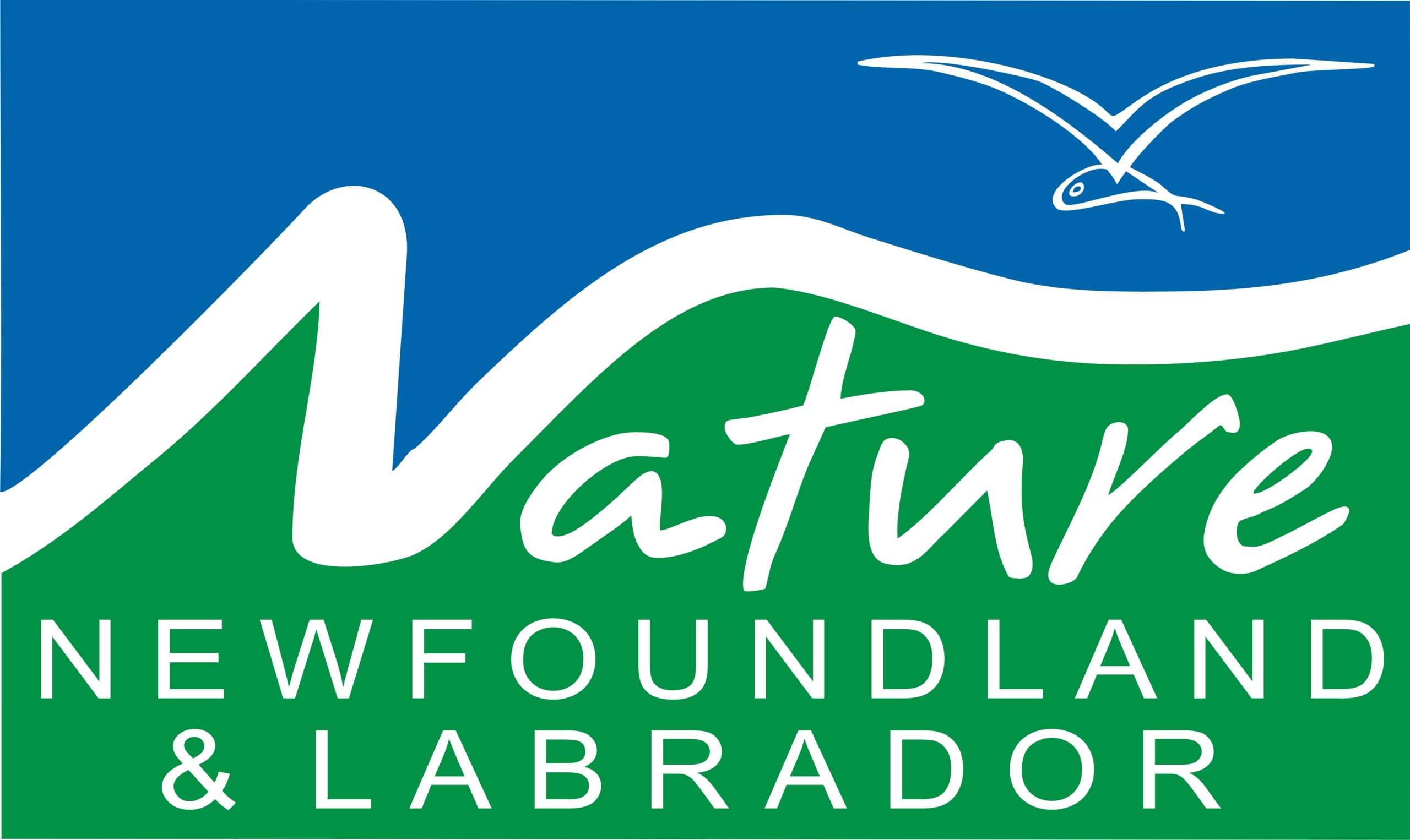Nature NL has started an insect monitoring program as part of a collaboration with the North American Insect Abundance Network and the Memorial University Botanical Garden. We will contribute to an ongoing project investigating insect abundance and responses to temperature across the continent, and also collect data that allows us to better understand insect diversity and abundance in Newfoundland and Labrador.
Why are insects important?
Insects and other arthropods (like spiders and millipedes) are important parts of all terrestrial ecosystems. They play a variety of critical ecological roles: decomposers contribute to nutrient recycling and soil aeration, nectar-feeders provide pollination services, predators help to control insect pests, and many birds and other animals depend on insects for food.
Tree swallows are aerial insectivores whose diet consists mainly of flying insects including midges, mosquitoes, and blackflies.
Flying insects like these ants are important food sources for many birds.
What can we learn from monitoring insects?
Climate change and human activities are contributing to insect declines worldwide. Conserving insects is important for food security and ecosystem function, but we cannot protect species if we don’t know which ones are present, and where. This project will provide us with baseline information about the diversity of insects present in Newfoundland and Labrador. We plan to continue monitoring insects at the same location each year in the future, so that we can track changes in abundance and diversity and ultimately better understand and protect these important organisms.
Learn more and get involved
Sign up for our members only newsletter or visit our Facebook page to stay updated on insect related events.
If you are enthusiastic about contributing to this project and learning more about insects, please feel free to contact us and let us know!
Support
This project was generously supported by Memorial University’s Office of Public Engagement in collaboration with Dr. Tom Chapman and the Botanical Garden.
